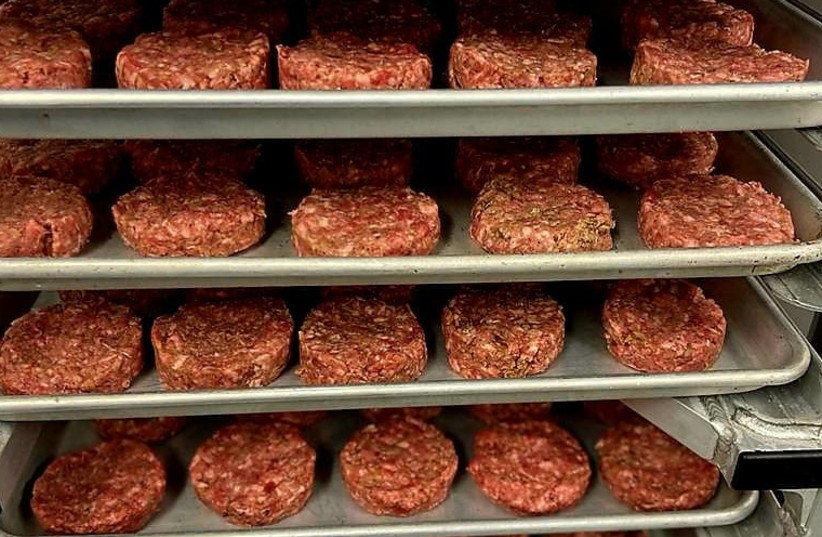Fungi-based sustainable protein developer Mush Foods has joined forces with several fungi fermentation companies from around the world to form a new international trade association, dubbed the Fungi Protein Association.
The FPA will represent the interests of its member companies, including advocating for fungi protein in public policy and conducting consumer research.
“The world needs more protein, and fungi fermentation offers a delicious, sustainable way to do just that,” said Marco Bertacca of Quorn Foods, the British company that took the lead on the new international initiative. “We’re excited to partner with our fellow fungi enthusiasts to raise awareness and appreciation of the wonderful ways fungi can improve human health and the health of our planet.”
Those fellow fun guys include Mush Foods, as well as Nature’s Fynd, Enough, The Better Meat Co., The Protein Brewery, Prime Roots, Mycotechnology, Aqua Cultured Foods and Mycorena, as well as NGOs ProVeg and The Good Food Institute.
“The world needs more protein, and fungi fermentation offers a delicious, sustainable way to do just that,”
Marco Bertacca of Quorn Foods

“Israel is on the cutting edge, innovating food-tech solutions addressing major global challenges including the climate crisis, food security and nutrition,” noted Shalom Daniel, co-founder and CEO of Mush Foods.
“The ‘Startup Nation’ is also situated in a region considered particularly vulnerable to climate change, with the Middle East heating up twice as fast as the global average,” he said. “It’s no surprise then that a young Israeli company is a founding member of this global consortium alongside well-established American, British and European players.”
Despite a few hiccups over the past few years, the sustainable protein (or alternative-protein) market is currently making leaps and bounds, as innovators flood the industry in an effort to craft the food that could finally inspire widespread consumer adoption.
What do these technologies rely on?
Those companies typically rely on one of three technologies to create their proteins: cell-culturing, plant-based development and fungi fermentation. Regarding the latter, a 2022 study in Nature found that replacing just 20% of beef with microbial protein — the products FPA members are pioneering — could cut global deforestation by 50%.
According to Research & Markets, the global alternative protein market is expected to reach $36.6 billion by 2029, growing at a compound annual rate of 12.4%. A recent Good Food Institute Israel report found that through the end of June, Israeli alternative protein start-ups and companies this year raised $320 million, putting the start-up nation in second place in alternative protein investments behind only the United States ($857 million).
“Mush Foods looks forward to working with our international partners to advance clean, fungi-based meal options that can feed our growing global population while nourishing our only planet,” Daniel said. “As our national leaders collaborate with their international partners at COP27 in Sharm e-Sheikh, our private sector leaders are likewise contributing to the global efforts to combat urgent, shared threats.
“We’re in this together,” he said. “As the industry develops in additional countries, we all reap the benefits.”
